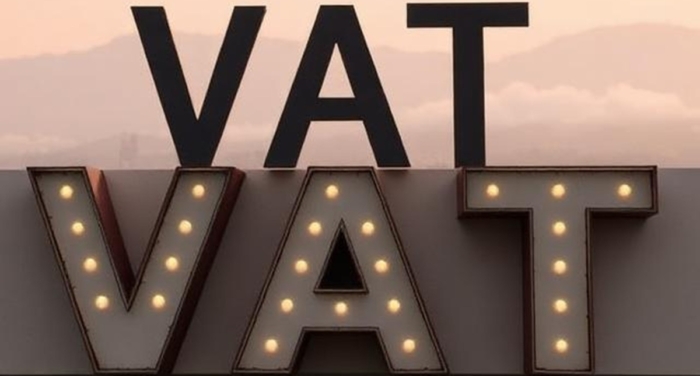Degree Apprenticeships Toolkit
We’ve pulled together a list of FAQs regarding degree and higher apprenticeships.
The terminology around apprenticeships is somewhat complex – due to the wide range of types and levels of training and skills that they encompass, and the changing political landscape in which they sit
The first set of terminology used in apprenticeships relates to level. Apprenticeships are described in terms of education levels (even where no educational qualification is included!), with apprenticeships currently offered from level 2 (GCSE equivalent) to levels 6 and 7 (degree and master’s degree respectively). The different levels of apprenticeships are termed ‘intermediate’ apprenticeships at Level 2, ‘Advanced Apprenticeships’ at Level 3, ‘Higher Apprenticeships’ at levels 4 and above, and Degree Apprenticeships in the case of Apprenticeships at levels 6 and 7 which lead to an undergraduate or Master’s degree as part of the apprenticeship training. It should be noted that these ‘degree apprenticeships’ are the only apprenticeships which mandate an educational qualification within them.
Apprenticeships classified as providing training equivalent to Levels 4 and above but which do not lead to a Bachelors or Master’s degree are termed Higher Apprenticeships. These include apprenticeships with no formal qualifications as well as Apprenticeships leading to qualifications such as HNC, HND and Foundation degree. Again it is important to note that the educational qualification here is a means to an end (in terms of developing and demonstrating competence some of in the skills required for the apprenticeship) rather than the end in itself
One significant potential source of confusion is that there are still legacy apprenticeships being delivered /offered under the systems that predated the current apprenticeship model. Particular care is needed to make the distinction between new ‘Apprentice Standards’ and old style ‘Apprentice Frameworks’ which were also known as ‘Modern Apprenticeships’.
The Apprenticeships ‘Frameworks’ and ‘Standards’ are essentially the documents that define the design and content of the two types of apprenticeships developed pre and post 2014 and are significantly different.
Confusingly some of the old framework documents use the term framework and standard interchangeably. Given that the old style apprenticeships will still be around for some time it is useful to be aware of them, even if only to avoid getting them mixed up with the new style apprenticeships standards and trailblazers which are described in more detail under FAQ’s 5 and 6
These old Apprenticeship Frameworks are currently being phased out (last starters on the old style apprenticeships summer 2017) and superseded by the new ‘Apprenticeship Standards’. (https://www.gov.uk/government/publications/removal-of-apprenticeship-frameworks ) but will still be in existence with apprentices on them for several years to come. Some useful sources of information on these legacy arrangements can be found at
- https://www.gov.uk/government/publications/apprenticeship-frameworks
- https://www.gov.uk/government/uploads/system/uploads/attachment_data/file/505896/Apps_Framesworks_07032016.pdf
- https://acecerts.co.uk/web/
- https://acwcerts.co.uk/web/
Any views, thoughts, and opinions expressed herein are solely that of the author(s) and do not necessarily reflect the views, opinions, policies, or position of the Engineering Professors’ Council or the Toolkit sponsors and supporters.



